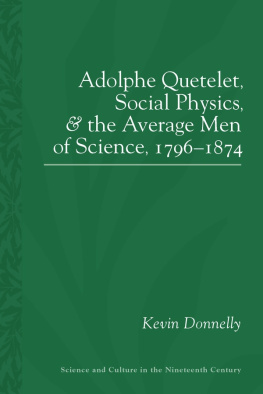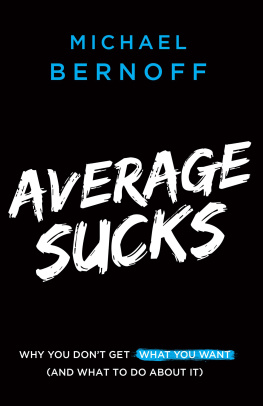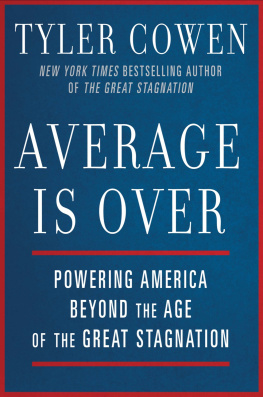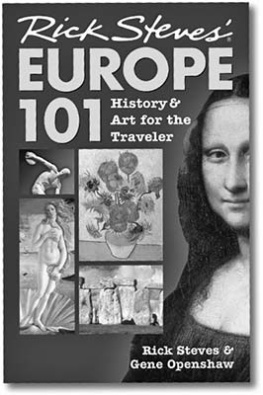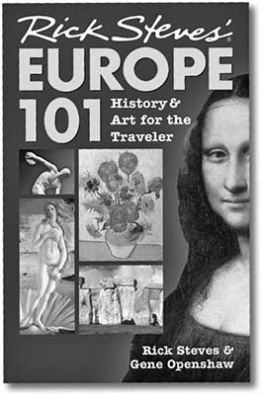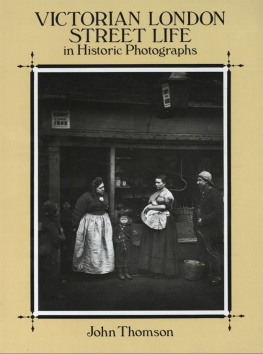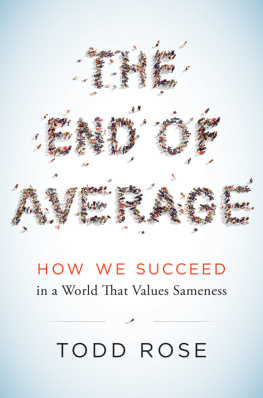S CIENCE AND C ULTURE IN THE N INETEENTH C ENTURY
Series Editor: Bernard Lightman
T ITLES IN THIS S ERIES
1 Styles of Reasoning in the British Life Sciences: Shared Assumptions, 18201858
James Elwick
2 Recreating Newton: Newtonian Biography and the Making of Nineteenth-Century History of Science
Rebekah Higgitt
3 The Transit of Venus Enterprise in Victorian Britain Jessica Ratcliff
4 Science and Eccentricity: Collecting, Writing and Performing Science for Early Nineteenth-Century Audiences
Victoria Carroll
5 Typhoid in Uppingham: Analysis of a Victorian Town and School in Crisis, 18751877
Nigel Richardson
6 Medicine and Modernism: A Biography of Sir Henry Head
L. S. Jacyna
7 Domesticating Electricity: Technology, Uncertainty and Gender, 18801914
Graeme Gooday
8 James Watt, Chemist: Understanding the Origins of the Steam Age
David Philip Miller
9 Natural History Societies and Civic Culture in Victorian Scotland
Diarmid A. Finnegan
10 Communities of Science in Nineteenth-Century Ireland
Juliana Adelman
11 Regionalizing Science: Placing Knowledges in Victorian England
Simon Naylor
12 The Science of History in Victorian Britain: Making the Past Speak
Ian Hesketh
13 Communicating Physics: The Production, Circulation and Appropriation of Ganots Textbooks in France and England, 18511887
Josep Simon
14 The British Arboretum: Trees, Science and Culture in the Nineteenth Century
Paul A. Elliott, Charles Watkins and Stephen Daniels
15 Vision, Science and Literature, 18701920: Ocular Horizons
Martin Willis
16 Popular Exhibitions, Science and Showmanship, 18401910
Joe Kember, John Plunkett and Jill A. Sullivan (eds)
17 Free Will and the Human Sciences in Britain, 18701910
Roger Smith
18 The Making of British Anthropology, 18131871
Efram Sera-Shriar
19 Brewing Science, Technology and Print, 17001880
James Sumner
20 Science and Societies in Frankfurt am Main
Ayako Sakurai
21 The Making of Modern Anthrax, 18751920: Uniting Local, National and Global Histories of Disease
James F. Stark
22 The Medical Trade Catalogue in Britain, 18701914
Claire L. Jones
23 Uncommon Contexts: Encounters between Science and Literature, 18001914
Ben Marsden, Hazel Hutchison and Ralph O Connor (eds)
24 The Age of Scientific Naturalism: Tyndall and his Contemporaries
Bernard Lightman and Michael S. Reidy (eds)
25 Astronomy in India, 17841876
Joydeep Sen
26 Victorian Literature and the Physics of the Imponderable
Sarah C. Alexander
F ORTHCOMING T ITLES
Victorian Medicine and Popular Culture
Louise Penner and Tabitha Sparks (eds)
Published by the University of Pittsburgh Press, Pittsburgh, Pa., 15260
Copyright 2016, University of Pittsburgh Press
All rights reserved
Manufactured in the United States of America
Printed on acid-free paper
10 9 8 7 6 5 4 3 2 1
Cataloging-in-Publication is available from the British Library
ISBN 13: 978-0-8229-8163-3 Hardback: 978-1-84893-568-6
ISBN 10: 0-8229-8163-7
Contents
This book would have been impossible to write without the contributions of many outstanding women and men. Mark Hulliung provided the initial motivation to examine the legacy of the Enlightenment, and along with Govind Sreenivasan and Eugene Sheppard was instrumental in shaping the early form of this book. The idea to investigate Quetelets life was inspired by a graduate seminar with Peter Buck at the Harvard Extension School, and I was particularly fortunate to be able to take a course on the history of science with Debbie Weinstein when the book was in its earliest drafts. I also thank Paul Jankowski, Alice Kelikian and the faculty, students and administrators of the Comparative History Program at Brandeis for creating the encouraging, liberating and supportive conditions under which this book first began.
At Brandeis, Ian Hopper, Shefali Misra, Claudia Schaler, Surella Seelig and Aaron Wirth provided an ideal group of friends and colleagues with whom to reflect on European history, philosophy and politics (and much else). Just as Quetelets many projects would have been impossible without the friends and colleagues around him, so too did this book draw on the strength and joy of friendship.
Ian also deserves thanks for reading through many drafts, and for helpful debates and suggestions along the way. Timothy Wyman McCarty also commented on early drafts, and helped me to think a bit more about the difference between the book I thought I was writing and the one I was actually writing. The book also benefited from two dissertation seminars led by Eugene, Dan Kreider, ChaeRan Freeze and Karen Hansen. My thanks also go to the members of these seminars for their frank and open discussion of early drafts.
Rebecca Makas took on the unenviable task of reading through the complete manuscript multiple times, once aloud, and is responsible for many a sentence being far more clear and direct than it was on first execution. Anonymous reviewers at Pickering & Chatto, History of Science and the British Journal for the History of Science also helped to expand the scope of the secondary material and helped to make many of the themes of the book more explicit. I also thank those journals for permission to reprint material from two articles: On the Boredom of Science: Positional Astronomy in the Nineteenth Century, British Journal for the History of Science , 47 (2014), pp. 473503 and The Other Average Man: Science Workers in Quetelets Belgium, History of Science , 52 (2014), pp. 40128. Robert Smith first suggested the press during a meeting of the History of Astronomy Workshop at Notre Dame, Mark Pollard encouraged the manuscript submission, and Bernard Lightman agreed to include it in the Science and Culture in the Nineteenth Century Series as well as edited the final version of the book. I thank all of them for their work and support in bringing this book to press. In spite of all of this help, any and all errors that remain are my responsibility alone.
The majority of the research for the book was able to be completed because of the generous assistance of the Belgian American Educational Foundation, which provided for a year to study, research and write in Brussels. I thank the BAEF director Emile Boulpaep, as well as Jean-Luc de Paepe and Clair Pascaud of the Acadmie royale de Belgique. Closer to home, I thank Roy Goodman and the staff of the American Philosophical Society in Philadelphia, Sean Casey and the staff of the Boston Public Library Rare Books Room, Kerry Magruder and Joann Palmieri and all the folks at the University of Oklahoma History of Science Collections and the library staff at the University of Wisconsin Memorial Library. Gaston Demare of the Koninklijk Meteorologisch Instituut van Belgi was particularly helpful in locating images and documents on the Brussels Observatory. Research support to travel and write the book was also provided by fellowships and grants from the Andrew W. Mellon Foundation, the American Philosophical Society, the History of Science Collections at the University of Oklahoma, the Friends of the University of Wisconsin-Madison Libraries and Brandeis University. Alvernia University also provided very valuable time and resources to help bring this book to its completion.
Finally, I owe more gratitude than it is possible to express here to my parents Mom, Dad, Joan and Nancy. Thank you for keeping me company in Brussels, and for your love and support these many years.

